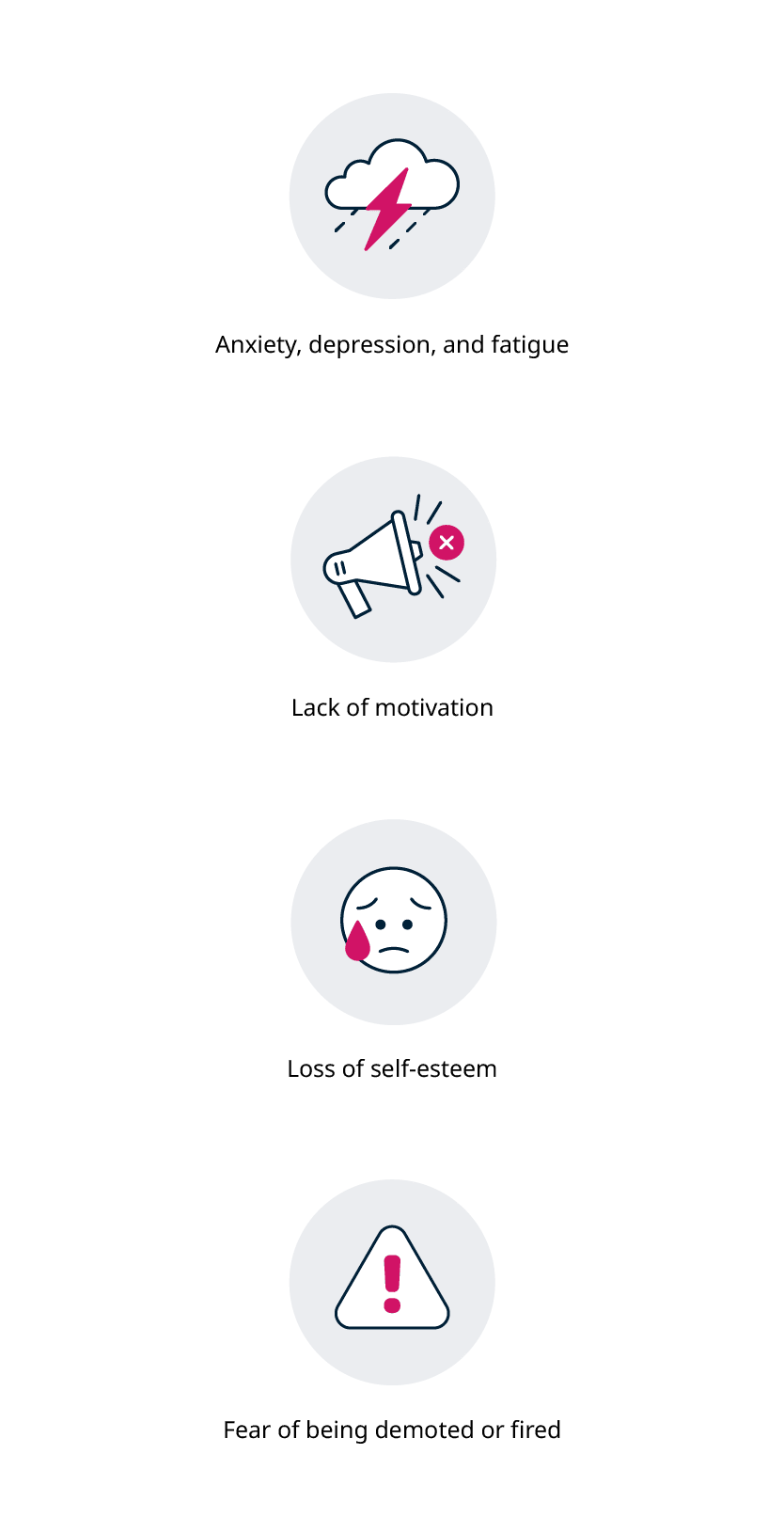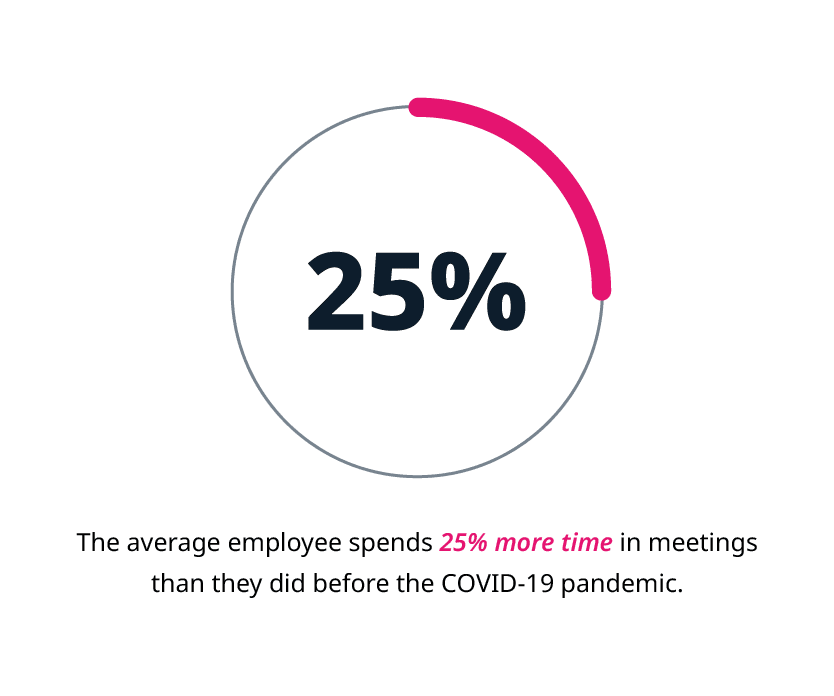10 Secrets To Being a Better Manager
The Great Man theory of leadership supposes that some are born with qualities that make them more suited to becoming leaders.1 But it’s also been argued there are no natural-born leaders – that they are instead made, often forged in the fires of crisis.2 Regardless of where you fall on this debate, effectively filling a position in business management requires preparation more often than not. But where to start?
If you want to learn how to be a better manager, ensure you follow these 10 pieces of advice experienced leaders wished they knew before stepping into leadership:
1. Manage yourself
One of the fundamental skills of a good manager is the ability to manage yourself, and to do so you need to understand yourself. Conduct a self-audit to establish your strengths, weaknesses, and where you can contribute the most. Ask your co-workers or more senior managers to assist you. Understanding yourself better can help you more easily find a leadership style that suits you.3
2. Make informed, considered decisions
Floods of new research projects are performed every year, with an estimated $2.4 trillion spent in 2021 on research and development across 115 countries.4 While this speaks to the quantity of research being done, there’s no guarantee of the quality of information generated from these studies.
As a result, if you look hard enough, you will undoubtedly be able to find a conclusion somewhere that supports your view. But in order to be a better manager, you need to avoid confirmation bias as much as possible when making decisions.5
Try these steps to avoid using information incorrectly:6
- Establish a process by identifying the problem you want to solve, establishing the criteria for solving it, then weighing those criteria
- Recognize your biases by imagining yourself holding an opposing viewpoint to your own, playing devil’s advocate with your arguments, and seeking information that counters your perspective
- Pay attention to your emotions and actively manage them when making decisions
Continue to question and investigate your assumptions, and be open to being wrong. Flexibility in the face of challenges is important.
3. Who you hire matters more than the plans you make
In any business, there is a large chance of failure. To combat this you need to make sure you hire the right kind of people to adeptly face the problems that arise along the way. The widespread disruption wrought by the COVID-19 pandemic has made this more apparent than ever.7
Stronger managers hire people that are able to make sound decisions in everything from day-to-day activities to crisis situations, and continue to coach and empower their teams to deal with problems when they materialize.
Recruit the most adaptable problem solvers you can; you’ll need people who can think outside the box, manage their time, and prioritize, plan, and execute strategies effectively to thrive in today’s uncertain business environment.8
4. Talent development is key
You might have heard of the 10,000-hour rule, which has risen to popularity thanks to Malcolm Gladwell’s book, Outliers. This rule states that you can become world-class in a field if you dedicate 10,000 hours of deliberate practice to it, no matter your current level of expertise.9

Gladwell claims “achievement is talent plus preparation”, but goes on to argue it’s becoming increasingly apparent that success is more about preparation than raw talent. “The closer psychologists look at the careers of the gifted, the smaller the role innate talent seems to play and the bigger role preparation seems to play,” he adds.10 You can always hire people who are already good at what they do, but if you don’t continue to help them develop their skills, they will plateau at some point. The same goes for you as a manager. The impact of automation, artificial intelligence, and COVID-19 has only magnified the need for continued employee development, upskilling, and reskilling.11
Gain holistic knowledge in management best practices, for multiple business functions, on the Foundations of Business Management online short course from the University of Cape Town (UCT). Designed for mid to senior managers, this course teaches you to develop integrated business management strategies with skills in marketing, finance, and leadership.
5. Diverse teams are best
Being able to assemble highly productive teams is key to being a better manager. It may be tempting to hire people who are all quite similar, and therefore have a high chance of getting along well with each other, but research has demonstrated otherwise. Put plainly, diverse teams make more money for businesses. Moreover, diversity among leadership teams improves financial performance and leads to greater innovation.12
Let no problem go unsolved: construct diverse teams within your sphere of management to take advantage of different perspectives and life experiences, and maximize productivity.
6. Don’t micromanage – your team doesn’t always need you
When you micromanage, you severely limit your style of management, as well as overburden yourself. Controlling your team instead of letting them tackle problems themselves results in real problems for employees:13

These pitfalls result in real consequences for businesses too. A survey found that 69 percent of employees considered changing their job because of micromanagement, and 36 actually did so.14
Moreover, micromanaging your employees can allow your responsibilities to fall by the wayside, taking your own performance down a level. Show your team you trust them by allowing them to do their jobs while you do yours.
7. Don’t hold back tough feedback
It’s a common mistake to avoid giving negative feedback because you don’t want to come across as being antagonistic or mean. But it’s also one of the worst managerial mistakes you could make. You might think you’re saving your employee from experiencing negative emotions, but you’re actually robbing them of valuable, constructive advice.
Handing out negative feedback in a constructive way is an art that’s hard to master. Harvard Business Review suggests there are key points to remember when delivering tough advice:15
- Don’t sandwich your feedback by opening and closing with compliments, as this can make the feedback come across as confusing
- Describe the behavior to be corrected or reinforced in purely observational terms
- Explain the impact of the behavior so the employee understands what’s at stake
- Outline what you’d like the employee to do, with a goal towards future improvement, not recriminations for past behavior
8. Make meetings matter
A survey of 182 senior managers across various industries revealed that 71 percent thought meetings were unproductive and inefficient, while 65 percent said meetings kept them from doing their work.16 In fact, employees now spend more time in meetings than they did pre-COVID-19.17

Minimize those hours wasted in meetings by making sure that meetings matter. Here are some tips for making more efficient meetings:18
- Clarify the purpose of the meeting
- Set the agenda beforehand
- Determine whether or not you actually need to hold the meeting
- Acknowledge the cost versus ROI of each meeting
- Only invite the people who actually need to be there
- Consider rating the meeting afterwards.
9. Everyone needs a different approach
Essentially, there’s no one-size-fits-all solution for every problem.
The sentiment applies to people as well as problems. If you want to be a better manager, you’ll need to know how to identify different types of people and how to bring out the best in them.
Construct and manage the most productive teams possible by using tools like the DiSC Assessment19 or the Clifton StrengthsFinder20 by Gallup.
10. Pursue lifelong learning
Some of the most successful people in the world are voracious readers,21 but that’s only one piece of the puzzle. Being able to learn from situations you encounter in the workplace is also vital to success and will help you become a better manager.
Mistakes and successes – both yours and others – are the perfect opportunities to gain valuable knowledge, and it’s up to you to extract as much knowledge as possible from them.
Ready to prepare yourself for a successful career in management?
Find the online short courses you need to become an exceptional manager.
- 1 Ring, J. (May, 2020). ‘Usurping the great man theory of leadership’. Retrieved from LinkedIn.
- 2 Koehn, N. (Apr, 2020). ‘Real leaders are forged in crisis’. Retrieved from Harvard Business Review.
- 3 Waters, S. (Mar, 2021). ‘How to become a great leader: 10 tips, 7 traits, and 5 challenges’. Retrieved from BetterUp.
- 4 Heney, P. (Feb, 2021). ‘2021 Global R&D Funding Forecast released’. Retrieved from R&D World.
- 5 Carnevale, J. (Apr, 2020). ‘3 Steps you can take to reduce bias and become a better decision-maker’. Retrieved from Zenefits.
- 6 Carnevale, J. (Apr, 2020). ‘3 Steps you can take to reduce bias and become a better decision-maker’. Retrieved from Zenefits.
- 7 Hancock, B. & Schaninger, B. (Jul, 2020). ‘HR says talent is crucial for performance – and the pandemic proves it’. Retrieved from McKinsey & Company.
- 8 (Nd). ‘The importance of problem solving skills in the workplace’. Retrieved from TestGorilla. Accessed January 17, 2022.
- 9 Young, J. (May, 2020). ‘Researcher behind “10,000-hour rule” says good teaching matters, not just practice’. Retrieved from EdSurge.
- 10 Campbell, S. (Oct,2020). ‘Raw talent isn’t the only thing that contributes to your success’. Retrieved from Medium.
- 11 Agrawal, S., et al. (May, 2020). ‘To emerge stronger from the COVID-19 crisis, companies should start reskilling their workforces now’. Retrieved from McKinsey & Company.
- 12 Wheeless, N. (May, 2021). ‘4 Lessons for building diverse teams’. Retrieved from Harvard Business Review.
- 13 Kurter, H. (Jun, 2021). ‘Is micromanaging a form of bullying? Here are 3 things you should know’. Retrieved from Forbes.
- 14 Kurter, H. (Jun, 2021). ‘Is micromanaging a form of bullying? Here are 3 things you should know’. Retrieved from Forbes.
- 15 Jensen, D. & Baumgartner, P. (Feb, 2021). ‘Stop softening tough feedback’. Retrieved from Harvard Business Review.
- 16 Gourani, S. (May, 2021). ‘Why most meetings fail before they even begin’. Retrieved from Forbes.
- 17 Fadilpašić, S. (Nov, 2021). ‘Remote working is actually increasing the amount of time we spend in meetings’. Retrieved from Techradar.
- 18 (Aug, 2020). ‘Make your meetings more efficient and effective with these 13 strategies’. Retrieved from Forbes.
- 19 Alessandra, T. (Oct, 2014). ‘The DiSC Assessment: How to bring out the best in your management style’. Retrieved from HubSpot.
- 20 (Nd). ‘Live your best life using your strengths’. Retrieved from Gallup. Accessed January 17, 2022.
- 21 Wu, S. (Jan, 2021). ‘The reading habits of the wealthiest people in the world’. Retrieved from Blinkist Magazine.